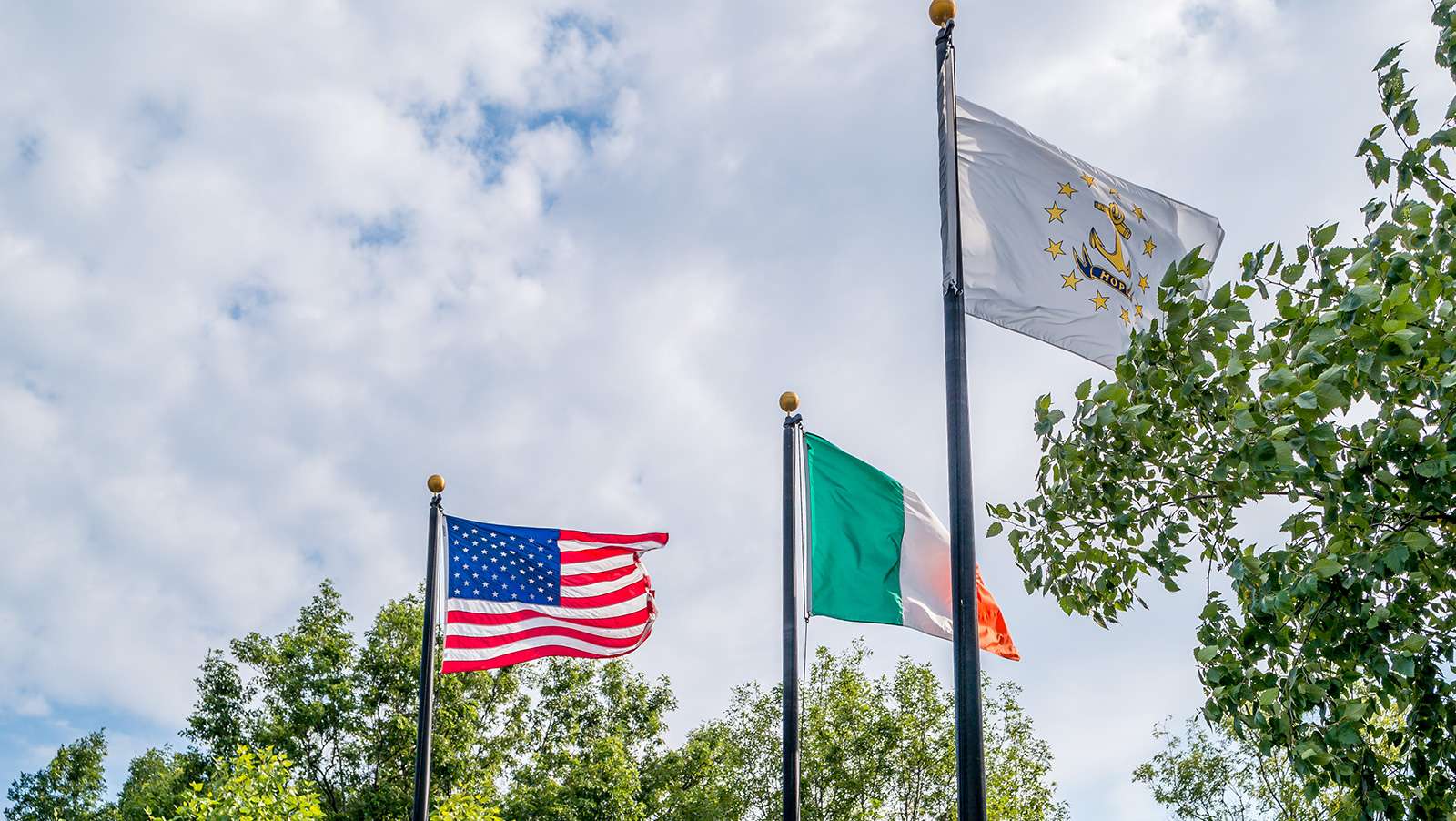March Madness, the annual basketball tournament for the National Collegiate Athletic Association (NCAA), is now underway in the U.S. It kicked off on Sunday with the selection of spots in the bracket and Rhode Island made sure it was ready for sports gambling fans before the series. The state’s two sportsbooks installed self-betting kiosks just prior to the launch of March Madness, the most popular sports gambling activity after the annual NFL Super Bowl.
 The two casinos, Twin River Tiverton and Twin River Lincoln, added the self-betting kiosks to reduce lines at the sportsbooks’ ticket windows. Both casinos are owned and operated by Twin River Management Group, and the Rhode Island Department of Revenue was able to conduct testing prior to March Madness to ensure they were functioning in accordance with state gambling laws.
The two casinos, Twin River Tiverton and Twin River Lincoln, added the self-betting kiosks to reduce lines at the sportsbooks’ ticket windows. Both casinos are owned and operated by Twin River Management Group, and the Rhode Island Department of Revenue was able to conduct testing prior to March Madness to ensure they were functioning in accordance with state gambling laws.
Some 17 kiosks are expected to be installed at Twin River Lincoln, while the Tiverton venue will only offer five. Rhode Island is the first state in the New England region to offer sports gambling, giving it a superior edge to other states in the area. Both the Lincoln and Tiverton casinos launched their sportsbooks in late 2018.
By getting ahead of its neighboring states, Rhode Island will be able to capitalize on the popularity of sports gambling in the region and is expected to earn as much as $11.5 million in sports gambling tax revenue. There are some projections that indicate the take may not be as significant as some anticipate, but there is no history upon which to build a complete picture.
Rhode Island could soon expand its gambling operations beyond what is found in virtually all other states in the U.S. In addition to becoming an early adopter of sports gambling and installing the self-betting kiosks, lawmakers in the state have also been considering a bill that would allow online and mobile gambling. That bill successfully made it through a vote by the House of Representatives last week and is waiting to be signed by Rhode Island’s governor, Gina Raimondo, in order to become law. Governor Raimondo is counting on sports gambling tax revenue for her fiscal budget, so a veto of that bill is not likely.